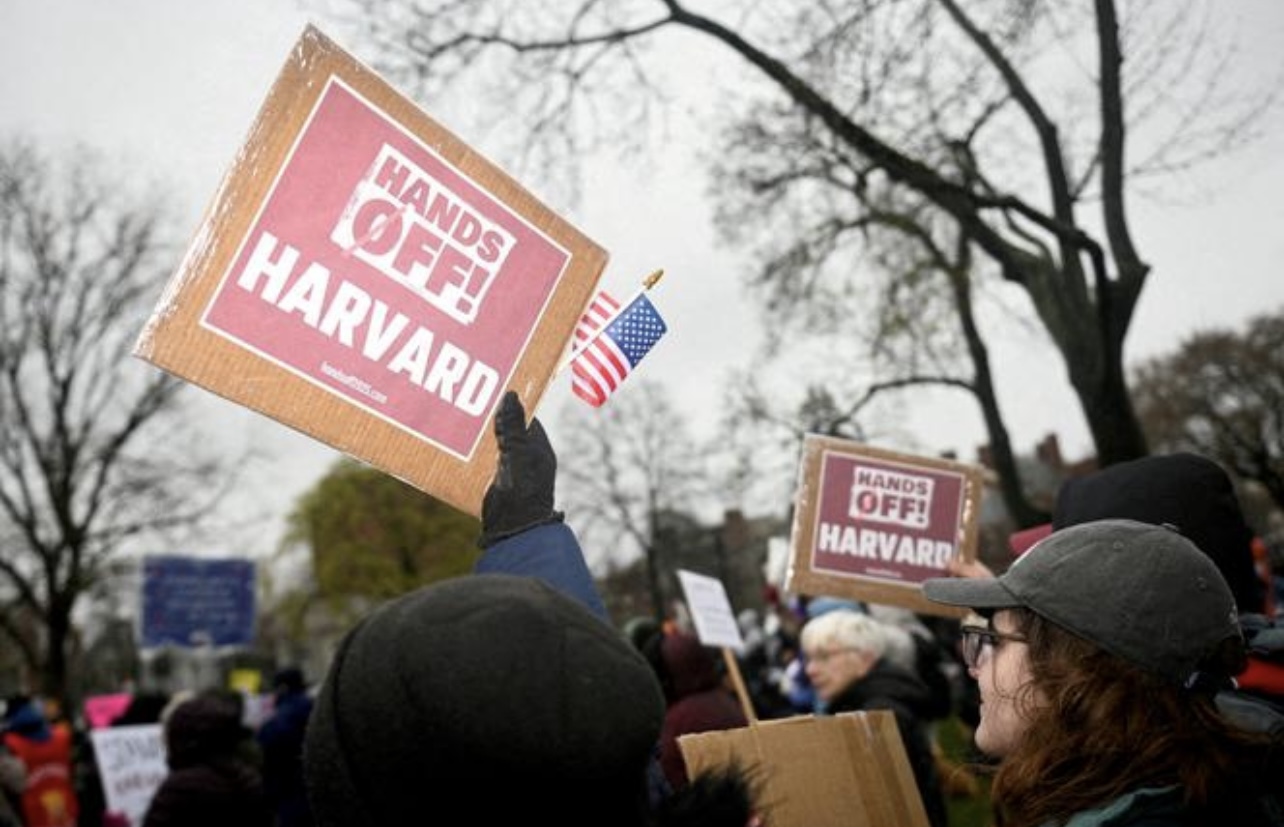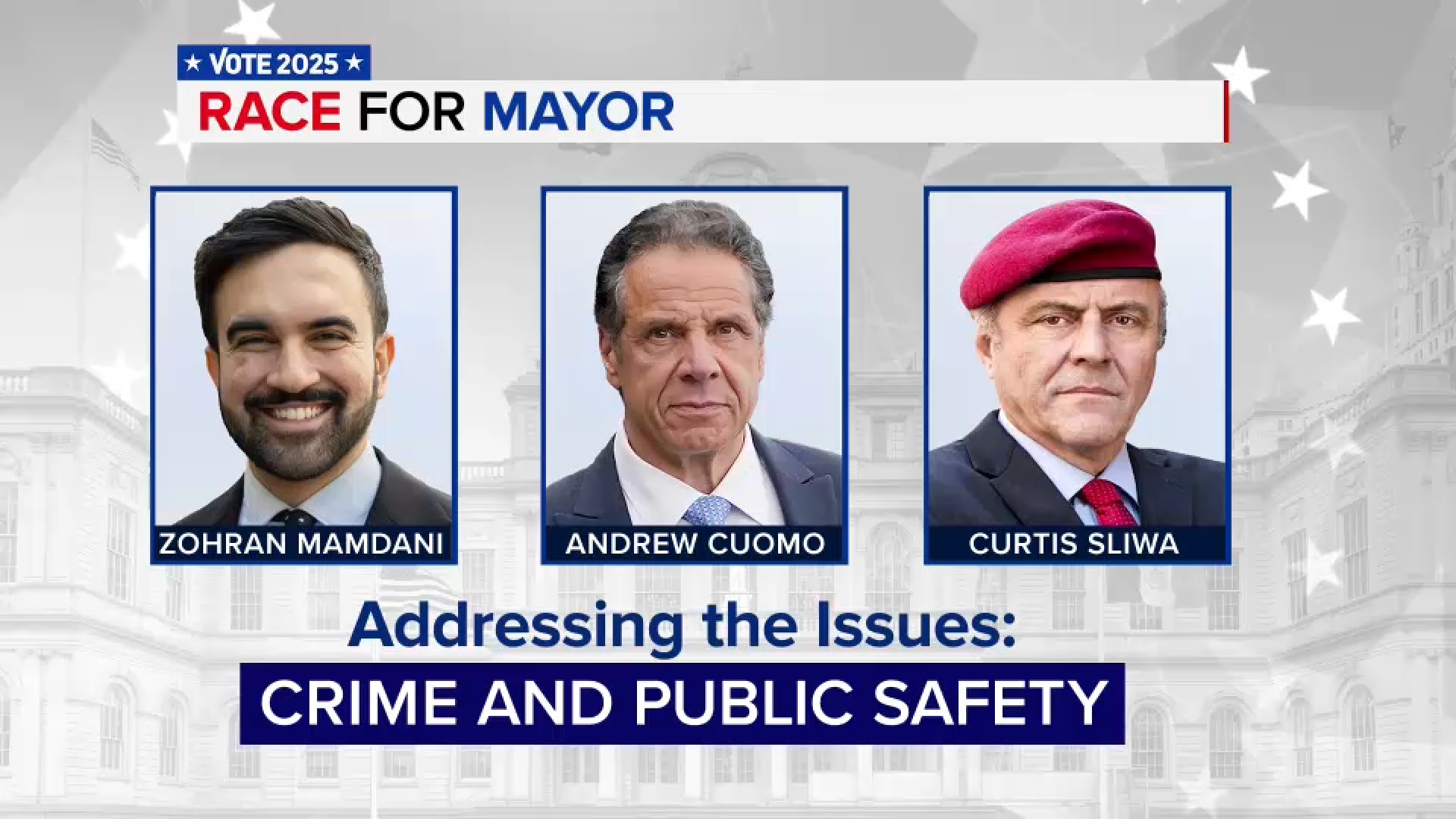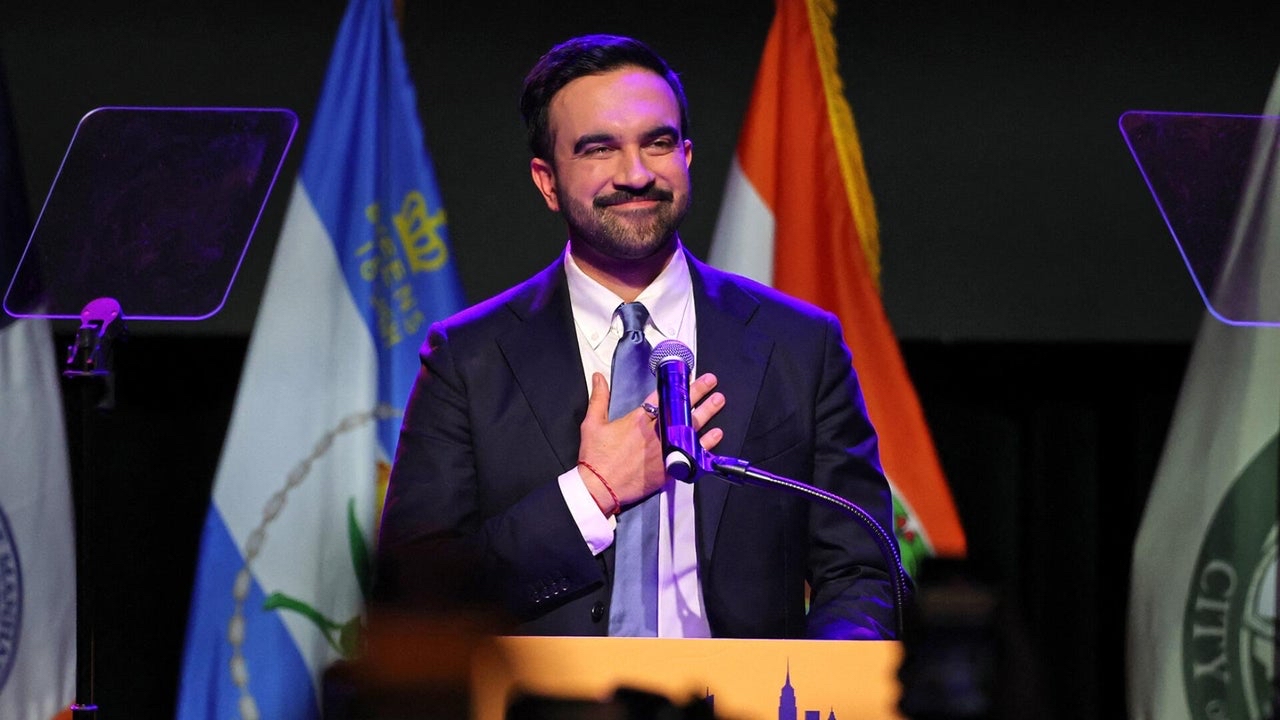A federal judge has overturned the Trump administration’s controversial decision to strip Harvard University of roughly $2 billion in research funding, ruling that the cuts were unconstitutional and amounted to unlawful retaliation.
The case stems from actions taken under former President Donald Trump, whose administration accused Harvard of failing to address antisemitism on campus and subsequently froze billions in federal research grants. U.S. District Judge Allison Burroughs, presiding in Massachusetts, concluded that the funding cuts were not based on legitimate legal grounds but were instead politically and ideologically motivated.
In her decision, Judge Burroughs emphasized that the administration’s move violated Harvard’s First Amendment rights and breached federal law, including the Administrative Procedure Act and the Civil Rights Act of 1964. She described the freeze as a clear example of the government attempting to weaponize funding in order to silence or punish an academic institution.
The ruling not only restores the university’s funding but also imposes a permanent injunction preventing the federal government from attempting similar measures in the future. Estimates suggest the reinstated funding spans between $2 and $2.6 billion in research grants across multiple disciplines, supporting projects in medicine, engineering, social sciences, and the arts.
Harvard University welcomed the decision, with President Alan Garber stating that it represents a victory for academic freedom and the constitutional protections essential to higher education. He stressed that the university would continue to defend its independence and its commitment to rigorous research free from political interference.
The Trump administration, however, quickly condemned the ruling and vowed to appeal. White House officials argued that their actions were justified, claiming Harvard failed to adequately address campus antisemitism and insisting that the court’s decision was driven by bias against the administration.
The case has broader implications for universities nationwide, many of which faced similar threats during Trump’s second term. Institutions such as Cornell, Northwestern, Penn, Brown, and Princeton saw parts of their funding frozen under similar circumstances, though none mounted as forceful a legal challenge as Harvard.
Legal scholars say the ruling reinforces the constitutional limits on executive power over academic institutions and may shape future disputes between the federal government and universities. For Harvard, the reinstatement of funding provides immediate relief, though the matter could continue to wind its way through the courts if the administration pursues an appeal.
The decision represents not only a major legal win for Harvard but also a significant moment in the ongoing debate over the balance between political authority and the independence of higher education in the United States.



